The White House and Federal scientists are pushing the myth that marijuana is laced with Fentanyl
“This is part of a wider fentanyl panic that goes beyond having alternative facts [and] leads to bad decisions,” -Northeastern University drug policy expert Leo Beletsky. “The danger in a moral panic is that we see this overreaction that leads to a replay of the mistakes of the crack cocaine crisis,” Beletsky said. The [White…


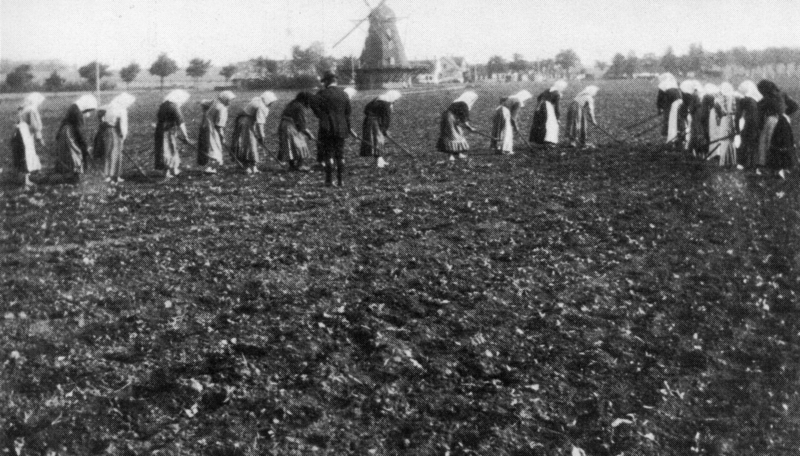

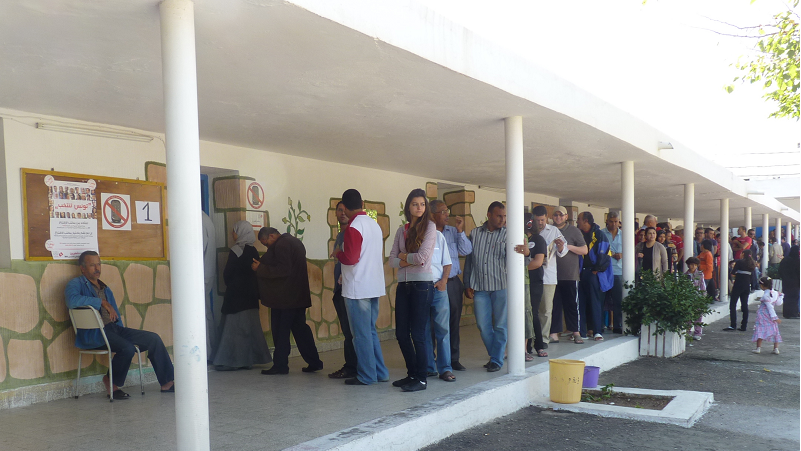

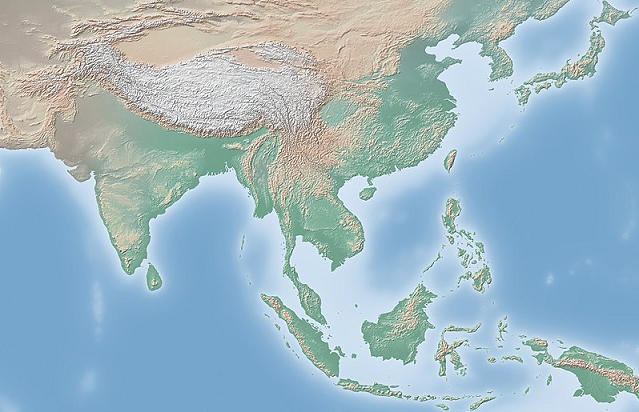

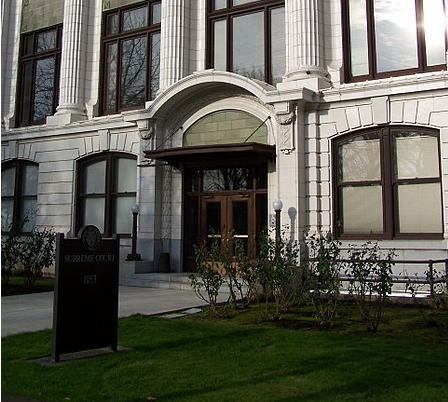
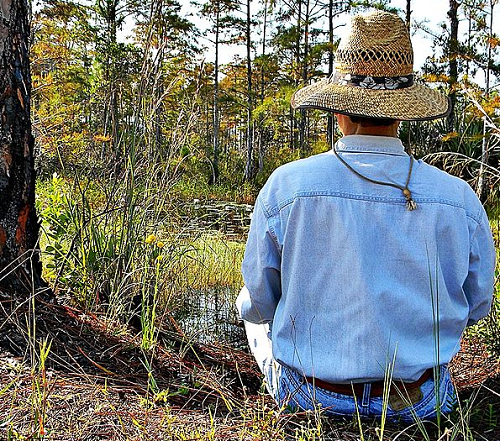

Recent Comments